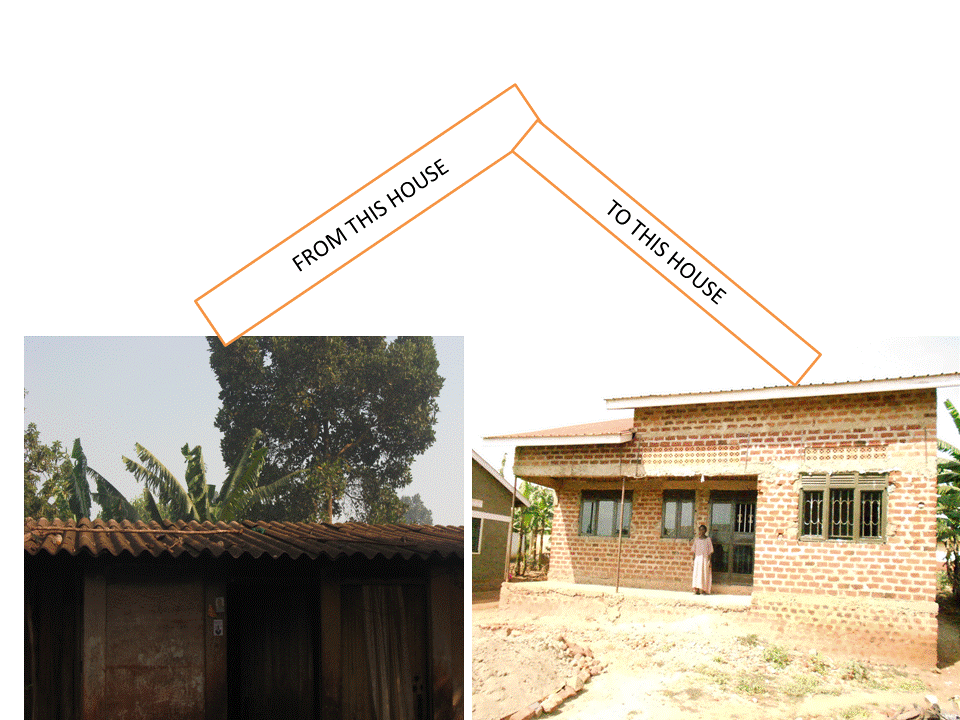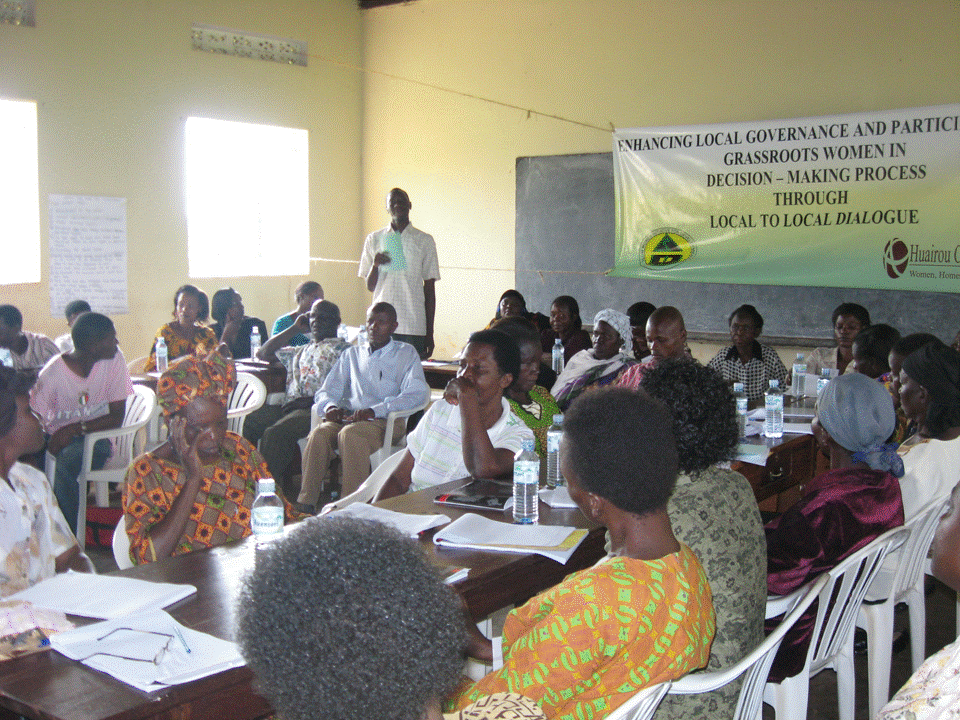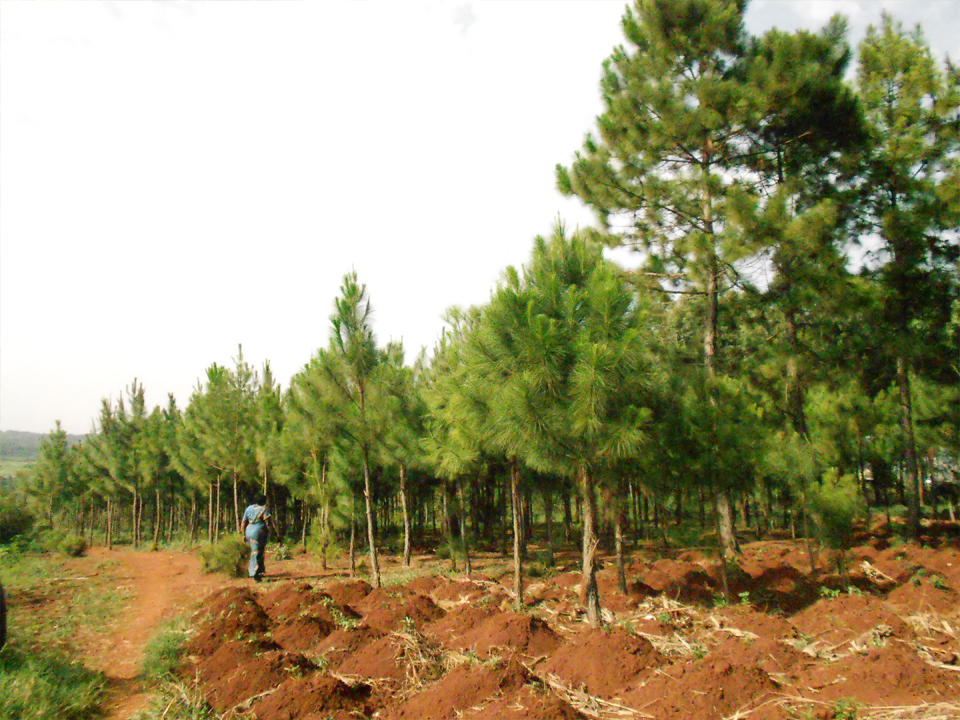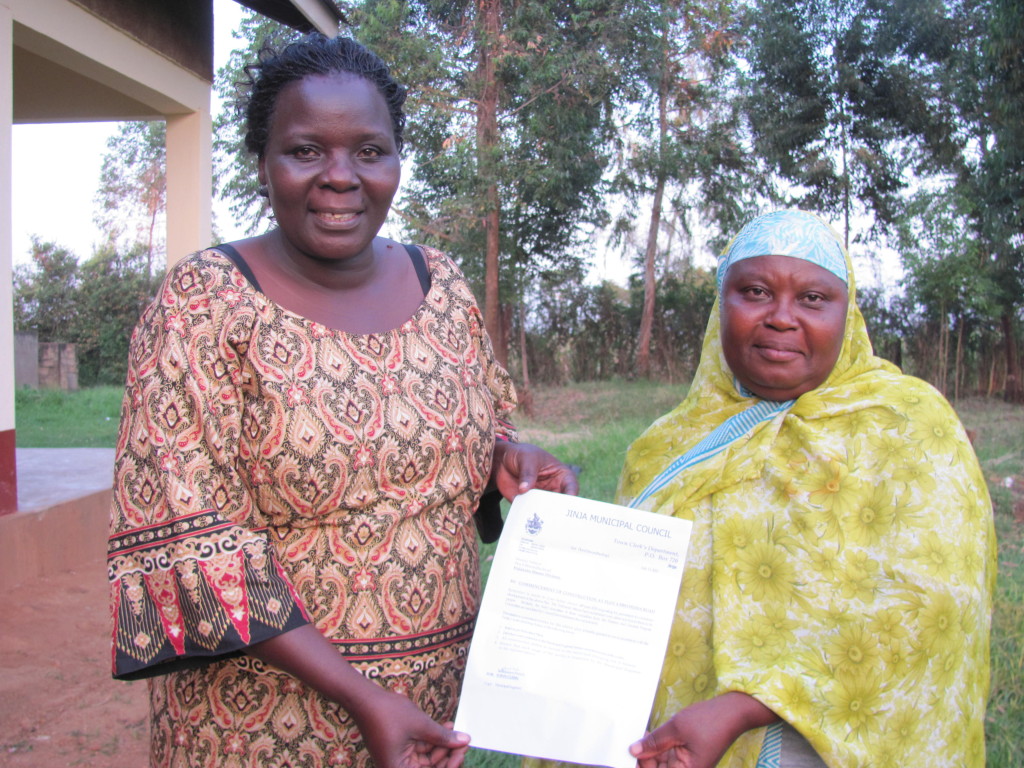Before SWID’s intervention, Walukuba/Masese Division had several problems affecting women including land grabbing as a result of traditional beliefs that deny women the right to inherit land and property after losing their spouses or parents, discrimination and stigma among HIV positive women, a wide gap between leaders and community members, and a lack of knowledge […]
Local to Local Dialogue ( L2L) Methodology
SWID uses the Local to Local dialogue methodology to engage grassroots women with their community leaders and local authorities through women-led dialogues to discuss and negotiate solutions for a range of development issues such as land rights, inheritance laws, and gender-based violence issues. Because the dialogues are initiated at the community level, solutions became locally customized strategies envisioned […]
Environmental Conservation/Climate Change Adaptation
SWID partnered with a local primary school to plant 10,000 pine and eucalyptus trees on land belonging to the Church of Uganda. The land is located on a hillside adjacent to the local school. Due to over cutting of the forests for firewood, the area has had extreme soil erosion and landslides. SWID’s environmental officer teaches local […]
The Road to Acquisition of Land and Housing by Grassroots Women
Grassroots Women Focused Savings & Borrowing for Land & Housing The women have initiated a savings and credit scheme through which they save and borrow through a revolving loan that has seen many women acquire land and housing, start up business, pay school fees for their children and improve on their living condition with limited […]
Health and Home Based Care
The home based caregivers of SWID visit nearly 100 patients twice per month. The majority of women in the group are widows, single mothers, sole income earners and those living positively. They have mobilized simply because the need to assist the most vulnerable populations has not been met by the local government. SWID allocated part […]





